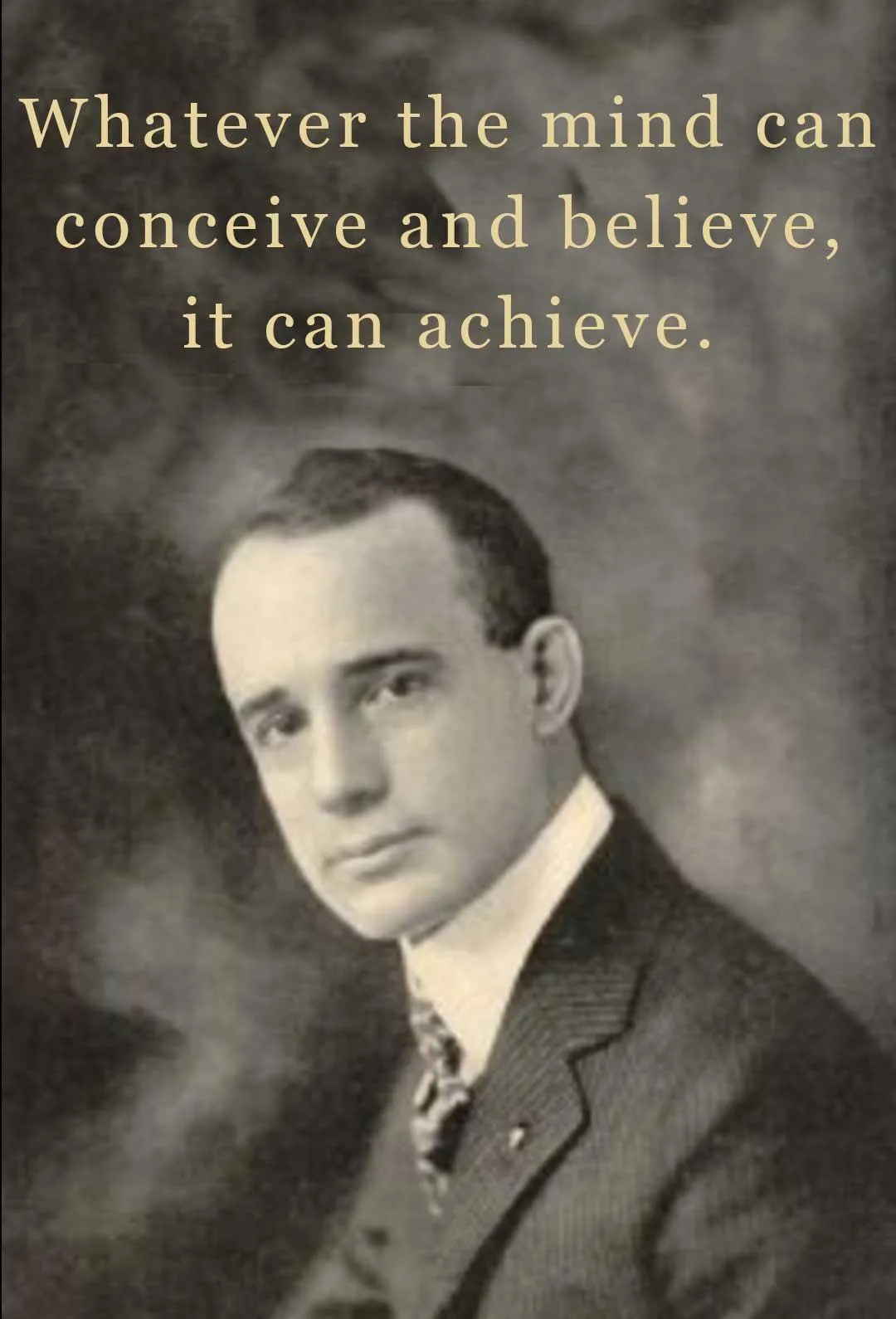Welcome!
I'm Christopher di Armani
Since you landed on my little corner of the internet, you're probably a writer, entrepreneur or passionate supporter of a worthy cause...
Whatever brought you here, welcome!
My most fervent desire is to give you the jump start I wish I had when I first began.
If you want to become a more authentic, a more vulnerable and a more powerful human being on your journey to becoming a more successful entrepreneur, then you're in the right place.
Your Personal Journey to Success Starts Here

Schedule Your Success
Click the button below to start your free success assessment.
From Dozens of Failed First Drafts to 6-Figure Entrepreneur:
A Journey of Persistence, Commitment, and Faith

I've wanted to write since I read my first Zane Grey western when I was 6 years old. His strong characters who did what was right, even when it put them directly in harm's way, appealed to me. So I started writing. And it was terrible.
I struggled to write anything that would please my English teachers. The high point in grade 10 was a C+ with a notation, "We're finally starting to see something good from you!"
The following year, a new English teacher gave me a C- for an 85-page story purely because of its length. His notation? "A very ambitious effort."
I found it in a box two decades later. It was so awful I couldn't get through the first page.
But those two efforts and their lackluster responses didn't dissuade me from my mission to write a book. I spent 15 years or more trying to write book after book after book, but I could never finish a first draft.
Then, despite all those years of failure, I tried one more time, but with a new plan. I finally started with an outline, and wrote every day until it was done.
That led to the publication of my first book, and that success led to me writing and publishing 50 books, some of which went on to be best sellers.
Throughout this period and my personal trials, errors and triumphs, I designed and revised the writing system now known as The Di Armani Method, the system that guarantees you will succeed if you follow the system with diligence and persistence.
In any effort, diligence and persistence leads to success, as Robert Collier noted.
"Success is the sum of small efforts, repeated day in and day out."
Embracing diligence and persistence turned everything around for me, and it will do the same for you, no matter what you want to do.
My journey from failed first draft writer to 50 published books, including many Amazon bestsellers, underscores my belief in the power of planning, structure and perseverance.
Through those three simple tools, I can accomplish any goal I set my mind on.
You can too.
Anyone can succeed at anything, so long as they're willing to build a plan, execute the plan daily and with faith, diligence and persistence.
As Napoleon Hill taught us so long ago, "Whatever the mind can conceive and believe, it can achieve."
Your belief in yourself, no matter what challenges you face, will power you through all of those long, lonely days we entrepreneurs are so familiar with, until you achieve your dream.
If your desire is to write a book, then The Di Armani Method can help you achieve the same success I have - no matter how busy your life feels.
If I can write a book while working 15+ hours per day in the movie industry, I'm confident you can write your book too.
If you want to turn your dream of writing a book into your published reality, The Di Armani Method can help. 😁


I'm a highly technical person. I taught myself to build software, which led to over a decade of experience building WordPress websites. As powerful as WordPress is, it lacks so many tools the entrepreneur needs, leading so many of us to cobble together a host of software tools in the hopes our Frankenstein will deliver what we need, without wasting buckets of our precious time.
That's never the result. If our monstrosity works at all, it's only because we pour so many hours into making it work each day we don't have time left to market our businesses or serve our clients.
When I left the movie industry, I focused on building my writing business and mentoring writers. That led to marketing conferences and online challenges to learn how to market my solutions effectively.
I met 7-figure entrepreneur Deana Brown Mitchell at one of these marketing events. We hit it off, and kept in touch, then reconnected again at another event a few months later. That's when we decided to build a small mastermind group of our own, where we focused on helping one another with our marketing and messaging efforts.
Then, in the middle of a launch of The Di Armani Method, my WordPress-powered sales funnel broke and I couldn't solve the riddle of why, in my desperation I turned to GoHighLevel based on the recommendation from a fellow mastermind participant.
That decision changed everything.
Fast forward a year or so.
Deana Brown Mitchell and I partnered together and formed The Wolf Pack Mentors and The Wolf Pack Mentors Mastermind, a powerful tool through which entrepreneurs help one another achieve success through the pillars of Accountability, Community and Collaboration.
Through The Wolf Pack, Deana and I help other entrepreneurs with their messaging and tech challenges - challenges Deana and I both fought long and hard to overcome for far too long.
Between the two of us, Deana and I have tried almost every platform and combination of platforms out there. With both of us using the GoHighLevel platform, it seemed a logical step to form our own GHL agency and offer it to our Mastermind clients.
For those who want to slay the tech monster, like Deana and me, we offer a free GoHighLevel account through our GHL agency, Wolf Pack Mentors CRM when they join The Wolf Pack Mentors Mastermind.
So...
Whether you want or need help with completing your book...
Or you want the rocket fuel for your business that that only comes through a Mastermind focused on Accountability, Community and Collaboration...
Or you simply want to dump all those ridiculous monthly fees for software that never seem to work the way you were promised, Deana and I can help.
Click the button below to get started today.

I've wanted to write since I read my first Zane Grey western when I was 6 years old. His strong characters who did what was right, even when it put them directly in harm's way, appealed to me. So I started writing. And it was terrible.
I struggled to write anything that would please my English teachers. The high point in grade 10 was a C+ with a notation, "We're finally starting to see something good from you!"
The following year, a new English teacher gave me a C- for an 85-page story purely because of its length. His notation? "A very ambitious effort."
I found it in a box two decades later. It was so awful I couldn't get through the first page.
But those two efforts and their lackluster responses didn't dissuade me from my mission to write a book. I spent 15 years or more trying to write book after book after book, but I could never finish a first draft.
Then, despite all those years of failure, I tried one more time, but with a new plan. I finally started with an outline, and wrote every day until it was done.
That led to the publication of my first book, and that success led to me writing and publishing 50 books, some of which went on to be best sellers.
Throughout this period and my personal trials, errors and triumphs, I designed and revised the writing system now known as The Di Armani Method, the system that guarantees you will succeed if you follow the system with diligence and persistence.
In any effort, diligence and persistence leads to success, as Robert Collier noted.
"Success is the sum of small efforts, repeated day in and day out."
Embracing diligence and persistence turned everything around for me, and it will do the same for you, no matter what you want to do.

My journey from failed first draft writer to 50 published books, including many Amazon bestsellers, underscores my belief in the power of planning, structure and perseverance.
Through those three simple tools, I can accomplish any goal I set my mind on.
You can too.
Anyone can succeed at anything, so long as they're willing to build a plan, execute the plan daily and with faith, diligence and persistence.
As Napoleon Hill taught us so long ago, "Whatever the mind can conceive and believe, it can achieve."
Your belief in yourself, no matter what challenges you face, will power you through all of those long, lonely days we entrepreneurs are so familiar with, until you achieve your dream.
If your desire is to write a book, then The Di Armani Method can help you achieve the same success I have - no matter how busy your life feels.
If I can write a book while working 15+ hours per day in the movie industry, I'm confident you can write your book too.
If you want to turn your dream of writing a book into your published reality, The Di Armani Method can help. 😁

I'm a highly technical person. I taught myself to build software, which led to over a decade of experience building WordPress websites. As powerful as WordPress is, it lacks so many tools the entrepreneur needs, leading so many of us to cobble together a host of software tools in the hopes our Frankenstein will deliver what we need, without wasting buckets of our precious time.
That's never the result. If our monstrosity works at all, it's only because we pour so many hours into making it work each day we don't have time left to market our businesses or serve our clients.
When I left the movie industry, I focused on building my writing business and mentoring writers. That led to marketing conferences and online challenges to learn how to market my solutions effectively.
I met 7-figure entrepreneur Deana Brown Mitchell at one of these marketing events. We hit it off, and kept in touch, then reconnected again at another event a few months later. That's when we decided to build a small mastermind group of our own, where we focused on helping one another with our marketing and messaging efforts.
Then, in the middle of a launch of The Di Armani Method, my WordPress-powered sales funnel broke and I couldn't solve the riddle of why, in my desperation I turned to GoHighLevel based on the recommendation from a fellow mastermind participant.
That decision changed everything.
Fast forward a year or so.
Deana Brown Mitchell and I partnered together and formed The Wolf Pack Mentors and The Wolf Pack Mentors Mastermind, a powerful tool through which entrepreneurs help one another achieve success through the pillars of Accountability, Community and Collaboration.
Through The Wolf Pack, Deana and I help other entrepreneurs with their messaging and tech challenges - challenges Deana and I both fought long and hard to overcome for far too long.
Between the two of us, Deana and I have tried almost every platform and combination of platforms out there. With both of us using the GoHighLevel platform, it seemed a logical step to form our own GHL agency and offer it to our Mastermind clients.
For those who want to slay the tech monster, like Deana and me, we offer a free GoHighLevel account through our GHL agency, Wolf Pack Mentors CRM when they join The Wolf Pack Mentors Mastermind.
So...
Whether you want or need help with completing your book...
Or you want the rocket fuel for your business that that only comes through a Mastermind focused on Accountability, Community and Collaboration...
Or you simply want to dump all those ridiculous monthly fees for software that never seem to work the way you were promised, Deana and I can help.
Click the button below to get started today.
Explore the links below to learn more about the businesses and causes I'm passionate about...

Learn more about Christopher's partnership with Deana Brown Mitchell and their Mastermind Program for Entrepreneurs

If you want to write a book to promote your business, The Di Armani Method is your roadmap to success on Publication Highway

Your completely customizable AI Chatbot to help answer all of the questions your visitors have about you and your business.

Partner with the Rights and Freedoms Fundraising Society to defend fundamental human rights and dignity in a world gone mad.




Learn more about Christopher's partnership with Deana Brown Mitchell and their Mastermind Program for Entrepreneurs
If you want to write a book to promote your business, The Di Armani Method is your roadmap to publication success
Your completely customizable AI Chatbot to help answer all of the questions your visitors have about you and your business.
Partner with the Rights and Freedoms Fundraising Society to defend fundamental human rights and dignity in a world gone mad.
How May I Be Of Service?
If I can assist you in your personal and/or professional journey, please contact me.
I Consent to Email Notifications, Alerts & Occasional Marketing Communication from Christopher di Armani. Message frequency varies. Unsubscribe at any time.
Books by Christopher di Armani
Author Success Foundations Series












© 2025 Botanie Valley Productions Inc. dba Christopher di Armani | All Rights Reserved.
